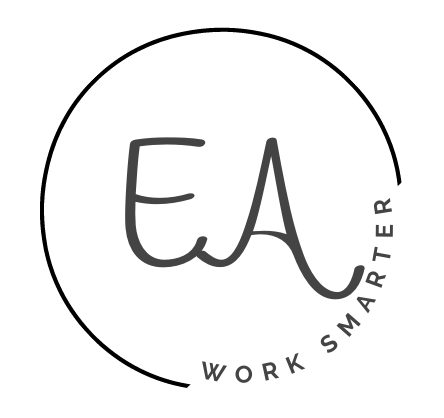Report card comments for listening and speaking don’t receive as much love as the other subject areas, but these skills are essential for teaching and learning in all grades.
Listening and speaking report card comments are not just for English language learners.
It’s important to note how well all students are responding to and interacting with others in the school environment.
Find below a collection of speaking and listening report card comments.
I’ve used these comments over the years to communicate with parents how well their child is meeting listening and speaking standards regarding behavior and academics.
So I’m hopeful they’ll benefit you, too.
Related: ESL report card comments
Report Card Comments for Listening and Speaking
Following you will find a variety of listening and speaking report card comments that communicate students’ strengths and weaknesses.
Report Card Comments On Listening Skills
- During the dictation section of spelling tests, ________is progressing well as her listening comprehension improves.
- _______has a habit of making eye contact with the listener.
- With English language accommodations, ________comprehends the material much better.
- _______pays close attention to the teacher’s instructions.
- When viewing educational videos, ________takes clear notes that show the main idea.
- _______always follows instructions the first time they are given.
- _______immediately lines up after hearing the signal that recess has finished.
- _______listens much better when she seats closer to the teacher.
- As _______plays games at recess, she listens carefully for her turn to participate.
- _______listens attentively to the read-aloud during reader’s workshop.
- _______benefits from visual cues to assist with listening comprehension.
- When her peers share during writer’s workshop, _______actively listens and often asks questions.
- _______commonly asks and answers questions in order to clarify information.
- _______responds well to attention getters.
- _______commonly chooses to ignore the teacher’s redirection.
- It is difficult for _______to listen attentively to others.
- _______refuses to follow instructions the first time they are given.
- _______is often distracted by others.
- At times, _______exhibits selective listening when he doesn’t feel like completing a particular assignment.
- _______frequently ignores the teacher’s instructions.
- _______often talks over peers instead of listening to their ideas.
- _______struggles to differentiate the letter sounds of…
- Because ________is a beginner English learner, he exhibits some difficulty comprehending the read-aloud book.
- _______is seldomly able to retell the main parts of a text selection without assistance from the teacher.
- _______asks the same questions repeatedly about the lesson even after the teacher has explained the matter in detail several times.
Speaking Skills Report Card Comments
- _______actively participates in class discussions.
- _______always waits until her classmates have finished their thoughts before speaking.
- _______expresses emotions and feelings appropriately.
- _______hardly hesitates to express his thoughts and ideas.
- _______speaks clearly.
- _______naturally describes events in detail with little prompting from the teacher.
- When presenting a reader’s theater, ______speaks with appropriate expression and tone.
- _______regularly speaks in coherent and complete sentences.
- _______has a gift for the spoken word and speaks eloquently.
- _______is able to distinguish sounds in words.
- _______frequently enunciates when giving a presentation.
- _______confidently participates in a range of conversations with peers.
- _______regularly asks questions during writer’s workshop author’s chair.
- _______easily retells the main idea of a text selection.
- _______demonstrates a vast vocabulary.
- _______confidently articulates the main points during the show and tell time.
- _______commonly asks and answers questions in order to clarify information.
- _______often talks over his peers.
- _______talks excessively during class discussions.
- When participating in class discussion, _______rambles without making a clear point.
- _______seldomly waits her turn to speak.
- _______has a tendency to stutter a bit when speaking.
- _______speaks so quickly that others have a difficult time understanding her.
- _______conversation quickly becomes argumentative when he doesn’t get his way.
- _______has difficulty with the pronunciation of multisyllabic words.
- _______struggles to use standard English grammar such as…
- _______ excels in speaking activities.
Tips for Writing Listening and Speaking Report Card Comments
- Start your listening and speaking comment on a positive note. Focus on the child’s strengths, and highlight those traits. Afterward, mention the not-so-pleasant comment. End with an actionable next step that evokes a feeling of encouragement and optimism.
- Be honest. If listening and speaking are challenging for a student, say so. However, be strategic in how you do it. These listening and speaking comments help you do just that, so don’t feel like you have to reinvent the wheel.
- Review before delivery. Revise and edit your comments well before you hand them off to parents. Though mistakes happen, try to avoid glaring errors.
- Be detailed. Convey exactly how each student is meeting speaking and listening standards. Show parents that you know their child well.
Final Thoughts: Report Card Comments for Listening and Speaking
Now you have a ready supply of report card comments for listening and speaking to communicate how well students are meeting learning objectives.
As you plan lessons, consider incorporating simple listening and speaking activities.
